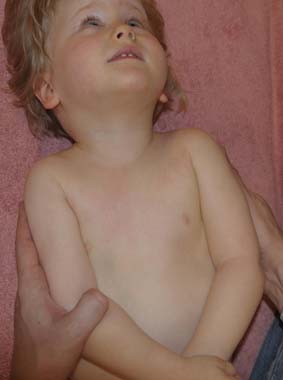INFANTS
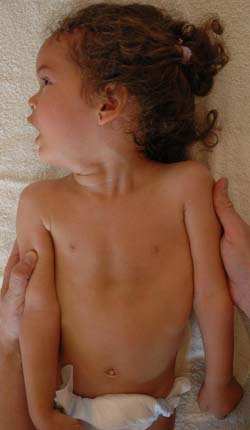
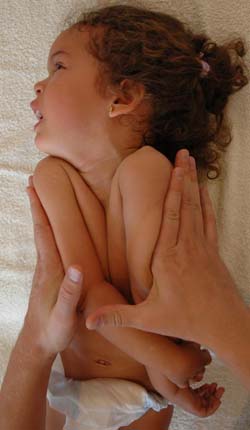
Infants and ABR Early Life Support
The saving grace for a parent of an infant requiring special assistance is that ABR is based entirely upon direct and live observation.
Direct observation alone can tell you whether a child who is one day old, one week old or a few months old needs ABR Early Life Support.
ABR has learned how to detect early and essential signs of internal intrinsic core weaknesses. These internal weaknesses have an accumulative negative effect and all lead to a cascade of developmental difficulties including:
– Spine stiffening and even lifelong blockage
– Motor function delays
– Core stability weaknesses
– Body map and proprioceptive “dis”-order
– Sensory integration challenges
– Trunk – Limb Coordination challenges
– Cognitive delays
– Respiratory and metabolic weakness
– Etc.
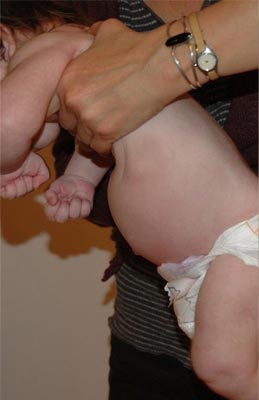
Time is definitely not on your side!
As a young parent with a pre-mature child or a child with any number of possible disorders, you are most often than not placed in a “wait and see” position. The medical community – for a variety of reasons – often does not want to commit to a diagnosis before a child is one year of age or older. At the same time extensive testing, MRI’s, CT scanning, muscle biopsies and genetic screening may be required, before a diagnosis is made.
During the first year of life however a child can regress from having what seems to be initial insignificant troubles to accumulating serious damage through this cascade of effects. There is no reason to wait for these early troubles to amass to large scale disruptions which will lead to life-long disability, but logic and responsibility tells us to start with an ABR based intervention as soon as possible.
Not only can ABR Professionals tell you whether your child needs this support or not, but the ABR Techniques offered for the very youngest upon their entry into this world are all designed to be applicable from the very first day of life.
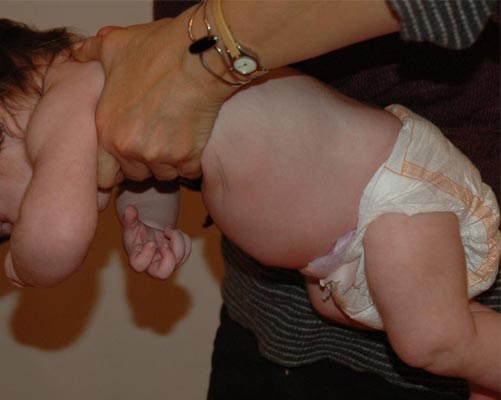
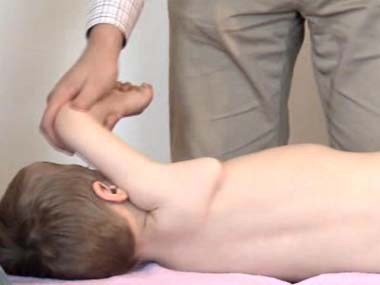
You do NOT need to "Wait and See"
You do not need to “wait and see” or hope that everything will be all right, but can from the first moments of your child’s life learn to:
– Recognize the obvious indications of infantile disorders
– Understand the significance of early signs of weakness for later-on child development
– learn what to do immediately to make an immeasurable difference for your child’s future life
For more information, please book an Early Life ABR Pre-Assessment
